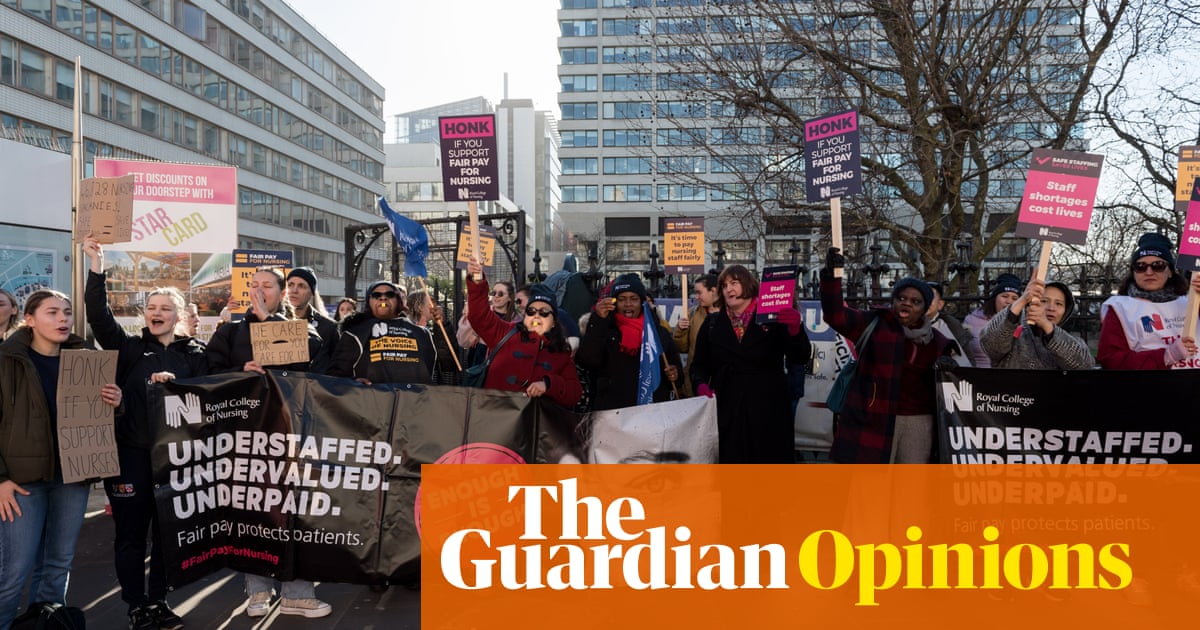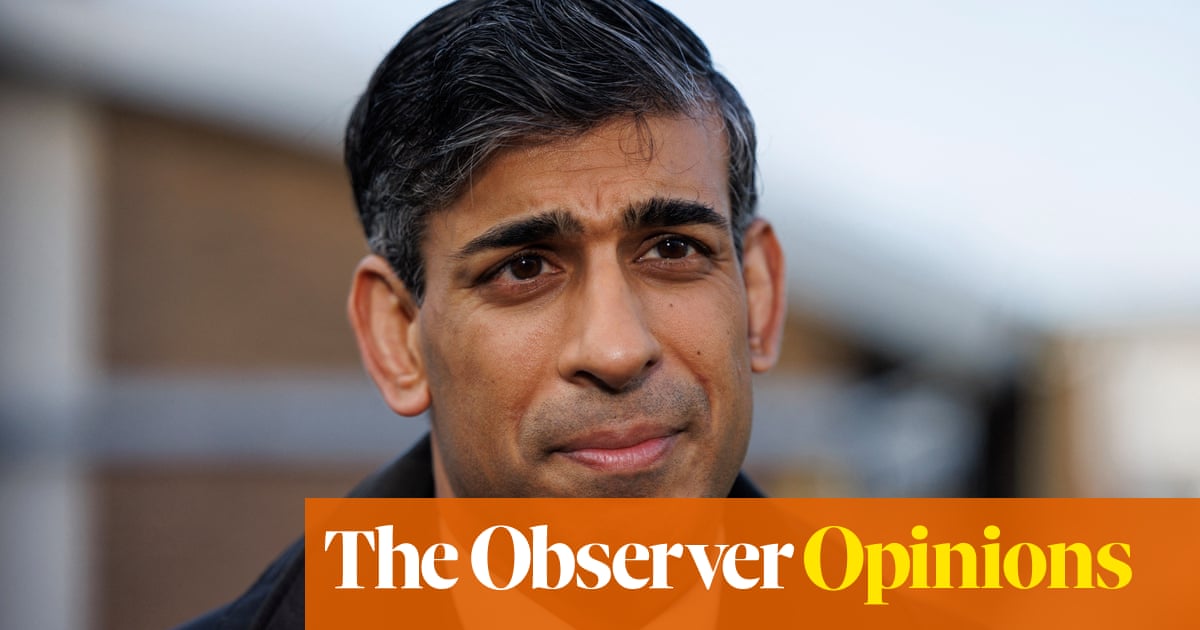
Asure sign of a happy country is the eagerness of foreigners to come to live there. One such state is Great Britain. Newcomers are a net benefit to a modern economy and should be welcomed accordingly. Thus, their compliment is returned.
Last year Britain’s ageing population was supplemented by a record net immigration of half a million people. After two years of pandemic retirements and EU departures under Brexit, this immigration came as a salvation to health and care employers, caterers, builders, hauliers and farmers. Yet these businesses are still desperate for more. In England, care is short of 165,000 workers and health needs 130,000, while half of UK building firms are short-staffed and a third of all UK firms say they lack a full complement of staff. Last month the chancellor duly issued a plea for 300,000 over-50s who had retired after lockdown to return to work to fill 1.19m vacancies. It was as if the nation faced defeat and was calling its veterans back into service.
Yet this same government is spending somewhere over £1bn a year billeting able-bodied Afghans, Iraqis, Syrians and Albanians in London hotels and elsewhere, paying them and their families pocket money on the strict condition they do no work. Should they sneak out to become hospital porters, road diggers, fruit pickers or care assistants, Suella Braverman’s Home Office will hunt them down and send them packing. Should they besiege labour contractors’ vans under scruffy motorways they risk deportation. Should they dare to wheel a trolley, deliver a pizza or handle a daffodil, Braverman will order them out. Whose side is she on?
This policy is a mass of hypocrisy. Brexit stifled Britain’s supply of skilled and seasonal labour from eastern and southern Europe. Market forces responded by sucking in unprecedented numbers of non-European workers. Rishi Sunak now finds himself stuck. He must promise to stifle immigration and yet somehow find more workers. To satisfy rightwingers, he has even suggested withdrawing from the European human rights convention to evict asylum seekers. Only Russia has so far reneged on that convention. Sunak is between a rock and a hard place.
Every democracy, certainly in Europe, faces political tension over immigration. Germany has welcomed both Turks and Syrians against strong domestic opposition because it needed their labour. Britain is trapped in a regulatory morass of political asylum, refugee diplomacy, key-worker entitlement, people trafficking and enslavement. Tens of thousands of people who are eager to benefit the British economy are treated as if they were a semi-criminal class. British taxpayers are now paying them not to earn a living.
Despite appearances, public opinion is ambivalent. A recent YouGov poll showed a majority of Britons oppose “more immigration” yet also welcome it for specific jobs. These are across the board, from NHS staff to builders and farmers. Some tinkering at the edges of policy may be possible. The scandal of boat crossings could be met by instantly returning them to France, if France agrees. Visa offices abroad could ease up, reducing the need for lengthy processing in the UK. The Brexit bar on free movement with Europe will surely one day end.
For the time being, Sunak should have the guts to tell Britons they have nothing to fear and much to gain from immigration. As for the newcomers themselves, he should welcome and thank them for coming.
Simon Jenkins is a Guardian columnist












